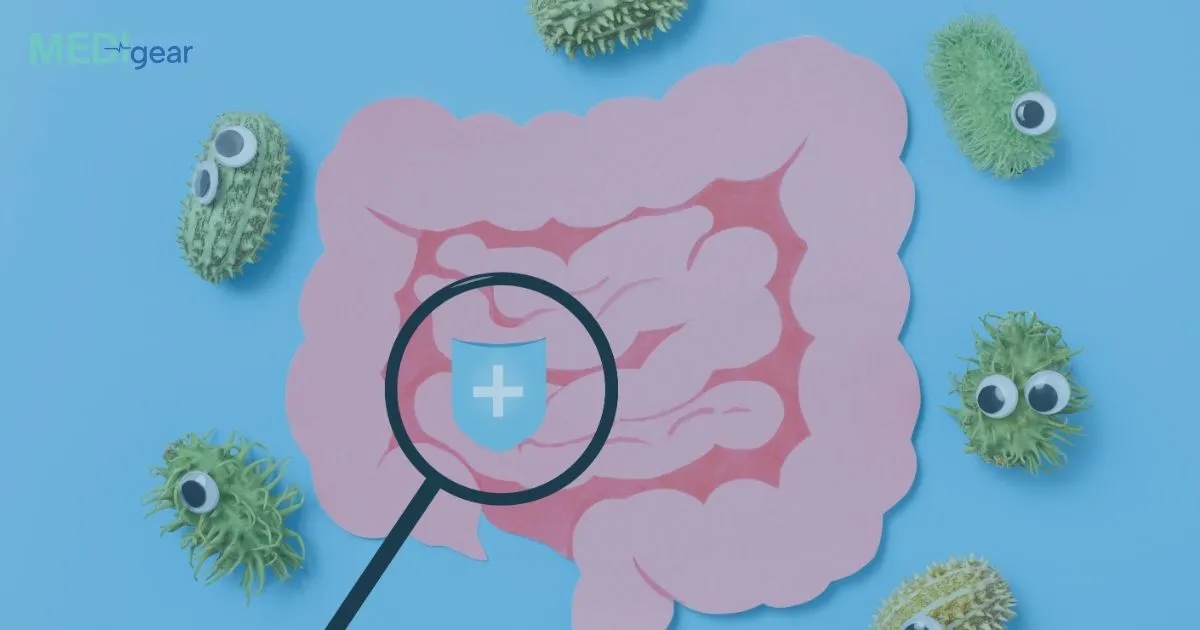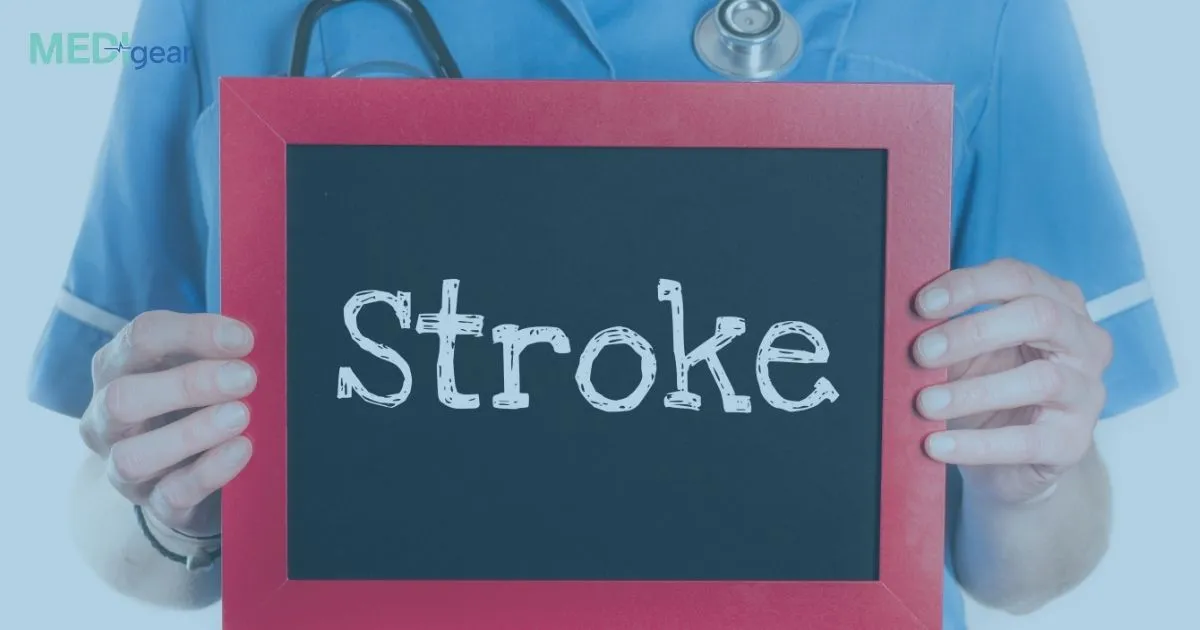Cardiac Magnetic Resonance Imaging (MRI) is a powerful non-invasive diagnostic tool that provides detailed images of the heart’s structure, function, and blood flow. It plays a vital role in diagnosing complex cardiac conditions that often cannot be accurately detected by standard imaging methods such as echocardiography or CT scans.
Understanding Cardiac MRI
Cardiac MRI uses strong magnetic fields and radio waves to generate high-resolution images of the heart and surrounding blood vessels—without ionizing radiation. This makes it particularly useful for repeated imaging in patients requiring long-term monitoring.
How Cardiac MRI Supports Complex Diagnoses
- Detailed Structural Analysis:
MRI scans provide a clear view of the heart’s chambers, walls, and valves, allowing clinicians to assess abnormalities like cardiomyopathy, congenital defects, or scarring after a heart attack. - Assessment of Blood Flow and Function:
The technology helps evaluate cardiac output, ventricular function, and perfusion—essential for understanding conditions like ischemic heart disease. - Tissue Characterization:
Cardiac MRI can differentiate between healthy and damaged tissue, helping identify inflammation, fibrosis, or necrosis with precision. - Congenital and Inherited Disease Evaluation:
It is particularly valuable for diagnosing congenital heart diseases, myocarditis, and arrhythmogenic conditions that may not be visible through other imaging modalities. - Pre-Surgical and Post-Treatment Planning:
MRI data aids cardiologists and surgeons in planning interventions and monitoring treatment outcomes, improving clinical decision-making.
Clinical Impact
Cardiac MRI has become an essential diagnostic tool in modern cardiology, improving accuracy in diagnosing heart failure, cardiomyopathies, and vascular diseases. Its ability to integrate anatomical and functional data enhances early detection and treatment planning—ultimately improving patient outcomes.
Disclaimer:
This blog is intended for informational purposes only and should not be considered medical advice. Always consult a qualified healthcare professional for diagnosis and treatment recommendations related to heart or cardiovascular conditions.






